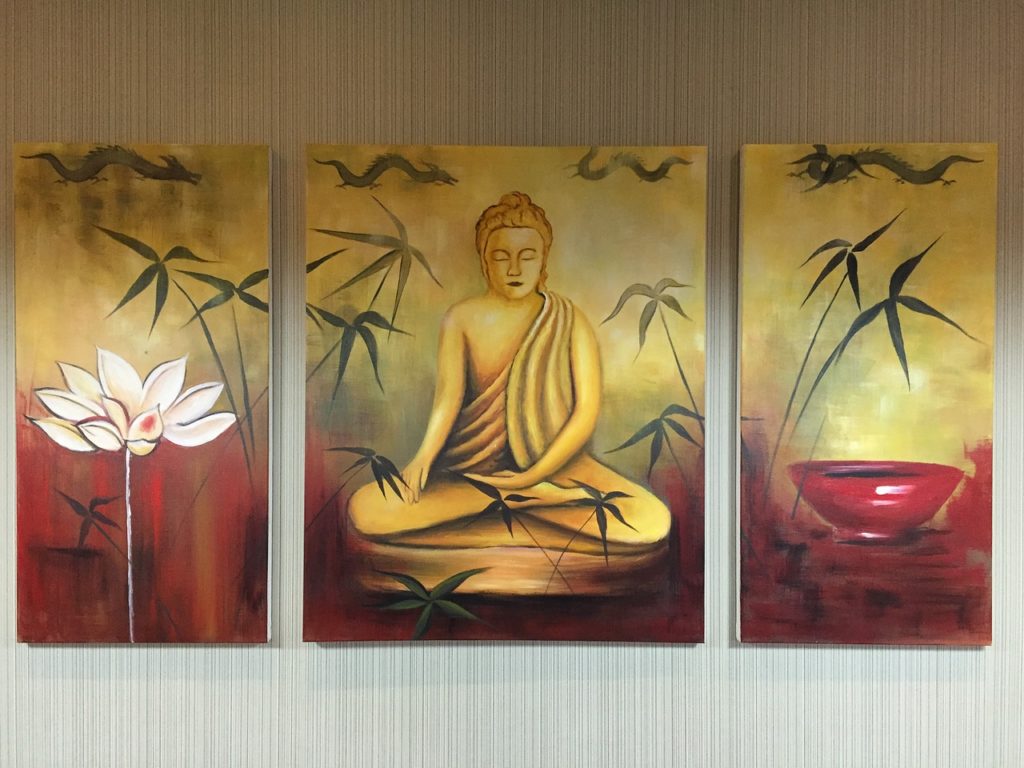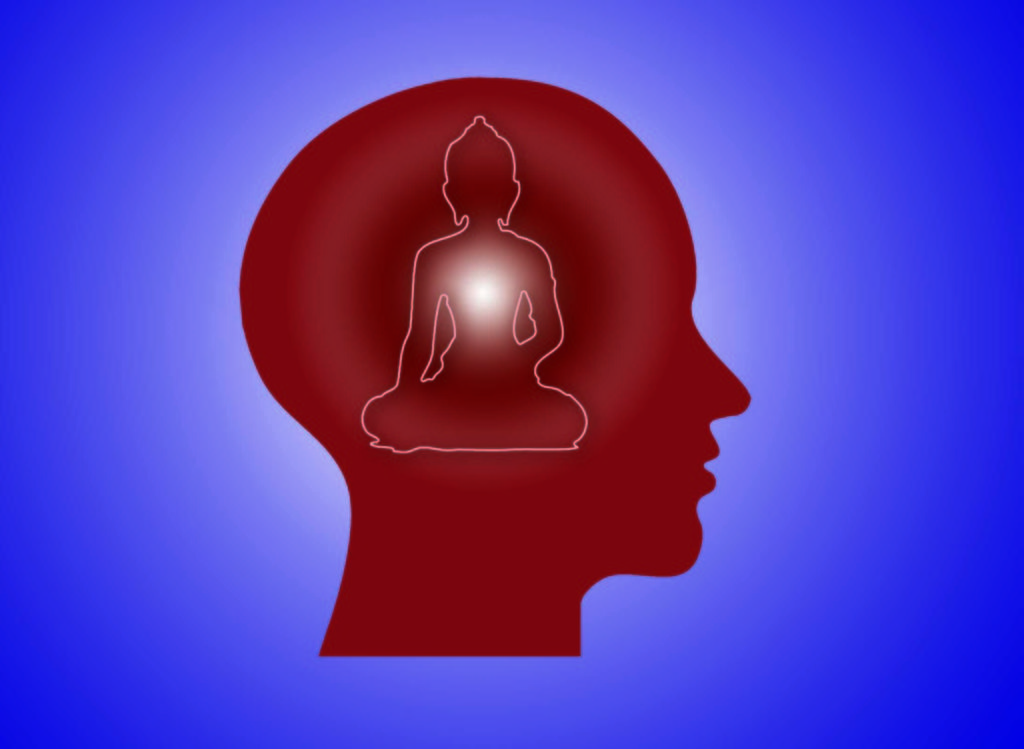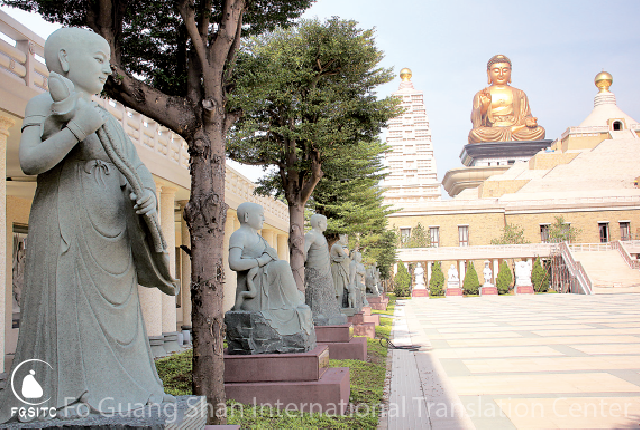
Although “compassion is the foundation of Buddhism” is a popular slogan, compassion is not the exclusive property of Buddhists. It is a common treasure shared by all sentient beings. Because there is compassion in this world, life is full of meaning. As we endure the trials and tribulations life offers us, compassion inspires us with endless visions.
The mind of compassion is the ever-flowing fountainhead of all living things, because compassion is Buddha Nature.
Sentient beings can attain Buddhahood because of compassion. Compassion is also the basic quality of being human, for one can be without everything but still have compassion! When we have compassion, our speech and actions are like sunshine, pristine water, or a pretty flower, bringing light, purity, and joy to the world.
Compassion is not just offering sympathy. If we stand up to fight for truth and justice where there is oppression or for the righteous when they are slandered and attacked, then we are acting courageously and practicing real compassion. The practice of compassion requires wisdom because it is not simply a kind thought; it is helping others by being wise and reasonable. Compassion is not just going along with the crowd, but serving others by holding the right views and thoughts. It is neither attempting to selfishly benefit one’s own friends and family, nor currying favors. The highest level of compassion should be completely selfless and equal for all.
Compassion is the actual practice of our ethics, not the standard by which we measure others.
Compassion is not limited to only providing kind words of praise and encouragement. Sometimes circumstances may require us to exercise forcefulness in order to prevail over atrocities that are being committed. This is more difficult, but nevertheless a practice of great compassion. In today’s society, many people often misinterpret the meaning of compassion and let forgiveness and magnanimity be reduced to leniency and indulgence, disrupting social order in the process.
Compassion is sometimes misused in a degenerative manner that may even result in or encourage crime. For example, randomly freeing live animals might result in their death; giving away money arbitrarily might foster greed. Therefore, the practice of compassion must be directed by wisdom; otherwise, well-meaning intentions can be completely ruined.
Compassion should not be static but rather a continuous sublimation of care and good will. The Flower Ornament Sutra [Avatamsaka Sutra] says,
“One only wishes for the liberation of all sentient beings from suffering, but does not hope for one’s own serenity.”
True compassion, then, lies in the willingness to be burdened by the concerns of the world and also to be delighted by the happiness of all humanity. There are many unfulfilled dreams in this world, and when we practice compassion, we sometimes come up short ourselves. However, only compassion can restore peace and harmony amidst conflict; only compassion can create the affinity needed to succeed in any endeavor. Compassion is truly the inexhaustible treasure of life!
From All in a Thought, written by Venerable Master Hsing Yun.
Image from Pixabay.












